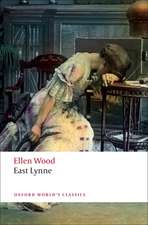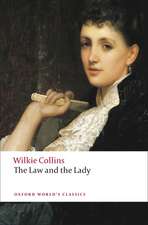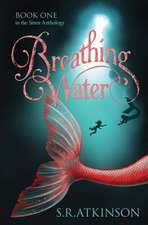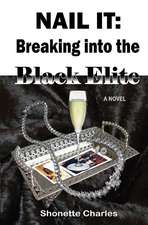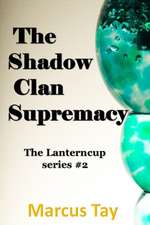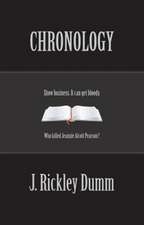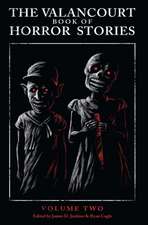Aurora Floyd
Autor Mary Elizabeth Braddon Editat de P. D. Edwardsen Limba Engleză Paperback – 11 dec 2008
| Toate formatele și edițiile | Preț | Express |
|---|---|---|
| Paperback (5) | 60.52 lei 10-17 zile | +30.56 lei 6-12 zile |
| Oxford University Press – 11 dec 2008 | 60.52 lei 10-17 zile | +30.56 lei 6-12 zile |
| e-artnow – 2 iul 2022 | 68.52 lei 3-5 săpt. | |
| CreateSpace Independent Publishing Platform – 3 dec 2015 | 103.77 lei 3-5 săpt. | |
| BROADVIEW PRESS LTD – 28 feb 1998 | 201.59 lei 3-5 săpt. | +59.62 lei 6-12 zile |
| HardPress Publishing – 12 aug 2019 | 157.61 lei 38-45 zile |
Preț: 60.52 lei
Preț vechi: 77.07 lei
-21% Nou
11.58€ • 12.09$ • 9.58£
Carte disponibilă
Livrare economică 03-10 martie
Livrare express 27 februarie-05 martie pentru 40.55 lei
Specificații
ISBN-10: 0199555168
Pagini: 512
Dimensiuni: 128 x 196 x 25 mm
Greutate: 0.34 kg
Editura: Oxford University Press
Colecția OUP Oxford
Locul publicării:Oxford, United Kingdom
Notă biografică
Textul de pe ultima copertă
Aurora Floyd is one of the leading novels in the genre known as ‘sensation fiction’—a tradition in which the key texts include Wilkie Collins’s The Woman in White, Ellen Wood’s East Lynne, and Dickens’s Great Expectations. When Aurora Floyd was first published in serial form in 1862-63, Fraser’s magazine asserted that “a book without a murder, a divorce, a seduction, or a bigamy, is not apparently considered either worth writing or reading; and a mystery and a secret are the chief qualifications of the modern novel.”
The novel depicts a heroine trapped in an abusive and adulterous marriage, and effectively dramatizes the extra-legal pressures which kept many such unhappy marriages out of the courts: fear of personal scandal, and of betraying one’s family through the publicity and expense of the process. Aurora’s bigamous marriage dramatizes the need for expeditions divorce without the enormous social cost, but the overt sexuality of the heroine shocked contemporary critics. “What is held up to us as the story of the feminine soul as it really exists underneath its conventional coverings, is a very fleshy and unlovely record,” wrote Margaret Oliphant.
Braddon’s text is studded with references to contemporary events (the Crimean War, the Divorce Act of 1857) and the text has been carefully annotated for modern readers in this edition, which also includes a range of documents designed to help set the text in context.

